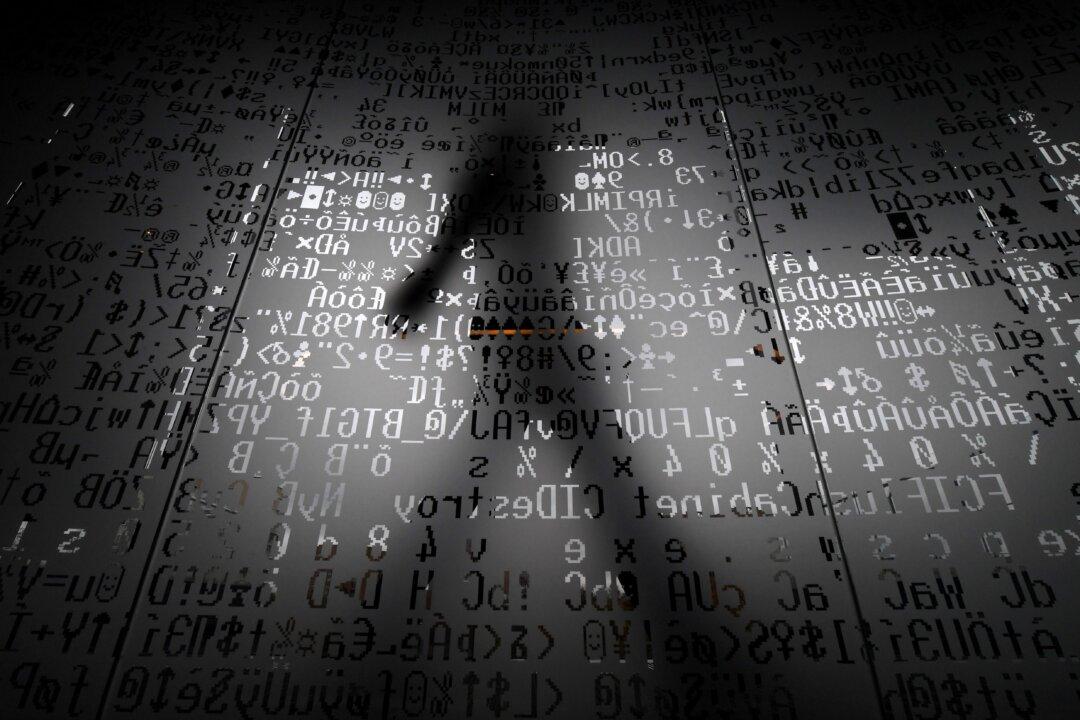The Cybersecurity and Infrastructure Security Agency (CISA), the FBI, and the National Security Agency issued a joint cybersecurity advisory on Jan. 11, warning critical infrastructure organizations of cyberthreats from Russian state-sponsored hackers in an effort to help reduce the risks posed by such threats.
“Historically, Russian state-sponsored advanced persistent threat (APT) actors have used common but effective tactics—including spearphishing, brute force, and exploiting known vulnerabilities against accounts and networks with weak security—to gain initial access to target networks,” the advisory reads.




